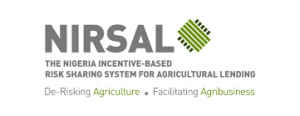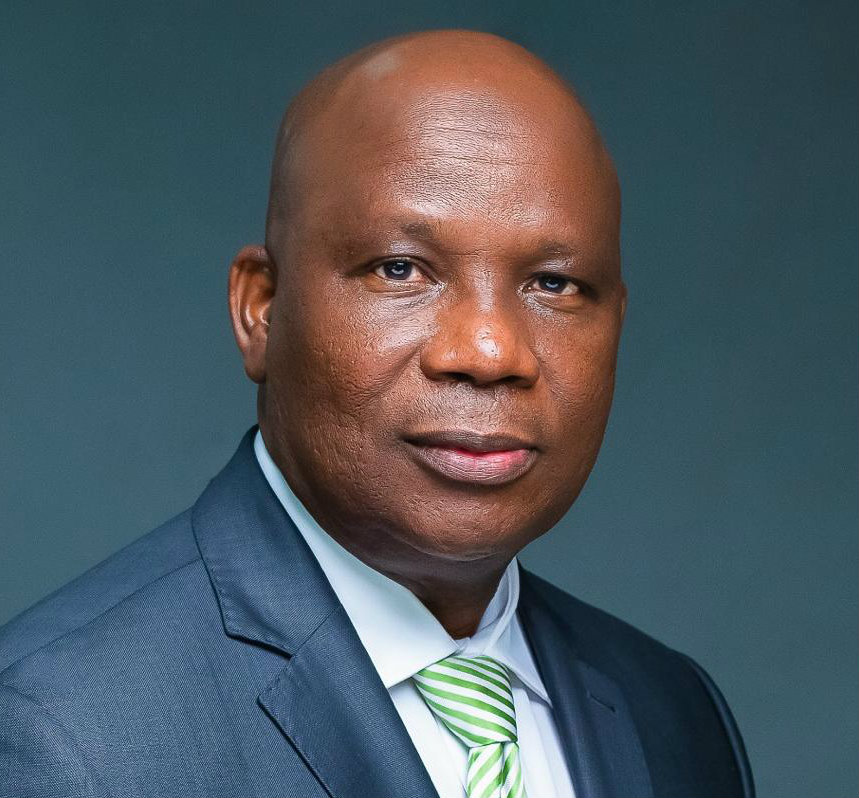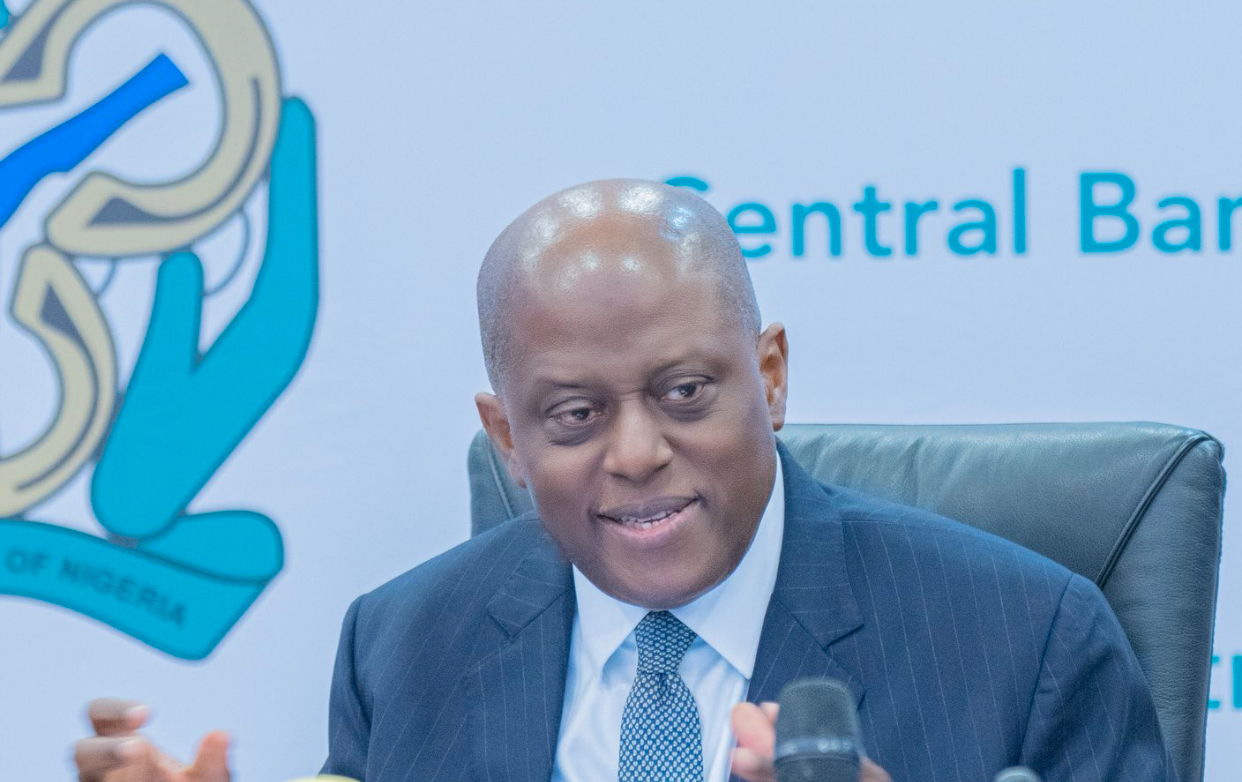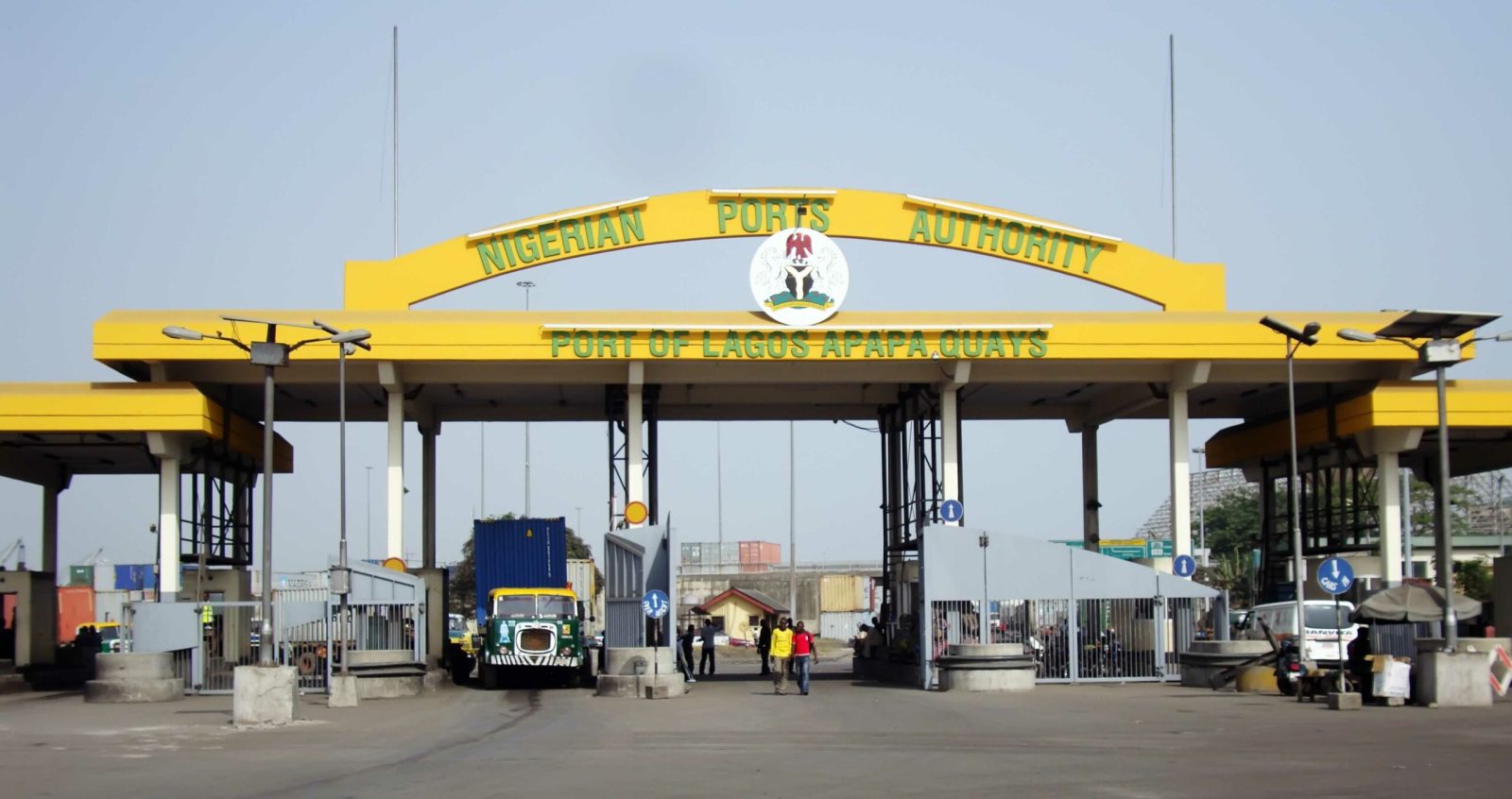… enrols about 8m farmers to produce 12m metric tonnes of grains annually
… facilitates access to structured finance, quality inputs, structured markets
As part of post-COVID-19 integrated strategies to stave off food shortage, the Nigeria Incentive-Based Risk Sharing System for Agricultural Lending Plc (NIRSAL) has embarked on creating 16,000 Agro Geo-Cooperatives on four million hectares of farmland across the country.
It is also enrolling about 8 million farmers across Nigeria with the projection to produce about 12 million metric tonnes of Grain Product Equivalent (GPE) annually over the medium to the long term time horizons.
NIRSAL expects that under this arrangement, farmers will be enabled to have access to structured finance, quality inputs, extension, monitoring, weather information, aggregation services and access to markets, it said in a statement in Abuja, a copy of which was obtained by Persecondnews.

NIRSAL is a non-bank financial institution wholly-owned and incorporated by the Central Bank of Nigeria (CBN) to de-risk agriculture and facilitate agribusiness.
Mr Aliyu Abdulhameed, a multi-talented Agricultural Economist with varied experience in institutional development, programme management, and process development and improvement, is the pioneer Managing Director/Chief Executive Officer of the NIRSAL Plc.
“Anticipating the new challenges and opportunities that will emerge for Nigeria’s agricultural economy in the COVID-19 and Post COVID-19 era, NIRSAL PLC has embarked on a project of creating 16,000 Agro Geo-Cooperatives on 4 million hectares of farmland.
“We are enrolling about 8 million farmers across Nigeria expected to produce about 12 million metric tonnes of Grain Product Equivalent (GPE) annually,’’ it said.
NIRSAL, therefore, called on all smallholder farmers, farmer leaders and aggregators to key into its Agro Geo-CooperativeÒmodel created for the purpose of sustainable farm/field structuring and governance, to enable sustainable access to finance.
The statement said: “The NIRSAL Agro Geo-CooperativeÒmodel recognizes that it is the land that makes the farmer; hence, No land No farmer! Accordingly, the model group farmers based on the contiguity of their farmlands, with each farmer retaining what is originally theirs and becoming partakers in large, structured farming projects.
“The bigger and more contiguous an Agricultural Geo Cooperative is, the faster and easier for it to have access to structured finance, quality inputs and structured markets through NIRSAL’s facilitation.’’
In achieving its above 4million hectares objective, the agency has created farmland aggregation structures in all parts of the country.
They include AgroGeoCoop CellÒ10 hectares, AgroGeoCooperative BlockÒ50 hectares, AgroGeoCoopÒUnit 250 hectares, Emerging Micro AgroGeoClusterÒ251 – 500 hectares, Micro AgroGeoClusterÒ501 – 2,500 hectares, and Small Agro GeoClusterÒ2,501 – 5,000 hectares.
Others are Medium AgroGeoClusterÒ5,001 – 7,500 hectares, Large AgroGeoClusterÒ7,501–10,000 hectares, Mega AgroGeoClusterÒ10,001– 20,000 hectares, Super Mega AgroGeoClusterÒ 20,001 hectares and above.
On personnel to monitor the farm projects, NIRSAL said it had trained and primed its Project Monitoring, Reporting and Remediation Officers (PMROs) in the 36 states and the FCT to assist farmers, farmer leaders, aggregators and other interested participants.
It said PMROs would help to meet the pre-qualification requirements such as Know Your Farm’s (KYF) Geographic Coordinates and Size, Know Your farmland Neighbour (KYN), Know Your Customer (KYC), and also elect Agro Geo-CooperativeÒ Leaders (President, Vice President/Secretary and Director of Finance).
They will also assist farmers to download and collect (online and offline) form and complete the NIRSAL Agro Geo-CooperativeÒ Enrollment forms at no cost and submit completed offline forms to NIRSAL offices across the country (PMRO officers located in CBN branches) for further processing.
It agency, however, advised farmers who can do it on their own to to take advantage of Online enrollment on www.nirsal.com.
“In line with this, community leaders, individuals, enterprises, corporate bodies, graduates, N-Power beneficiaries, active and retired leaders and farmers in the ADP programme, World Bank Fadama programme, USAID markets programme, IFAD value-chain development programme, the World Bank climate adaptation and business support programme are encouraged to take advantage of this opportunity as a means of employment and a source of income generation
Others are AFDB agric programmes, the DfiD’s propcom Maikarfi programme, the Sassakawa global 2000 programme and others that meet NIRSAL’s eligibility requirement and who are domiciled in or have access to their communities and farmers.
Farmers and others are advised to contact NIRSAL PMROs via its website — www.nirsal.com or send email to info@nirsal.com for more information.
























Leave a comment